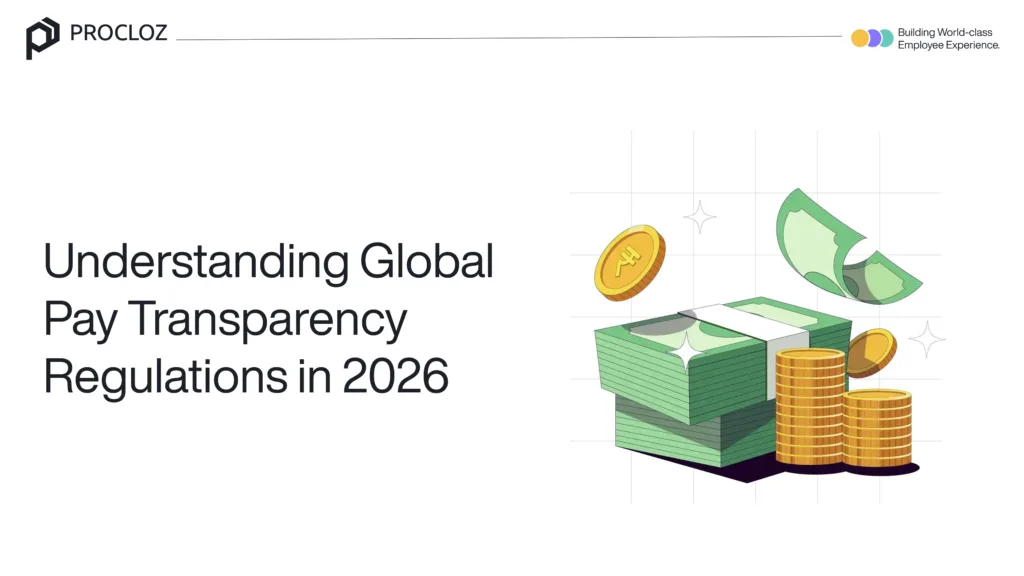The Fair Work Ombudsman has ramped up inspection over Australian businesses. There continues to be a tightening of enforcement actions across all industries.
What used to be periodic compliance checks has turned into meticulous investigations. The FWO focuses on businesses with weak internal controls, along with poor internal payroll fraud prevention measures.
This blog post will deal with the increase in enforcement actions taken by the FWO. We will discuss how internal audit programs provide a shield of protection. Finally, we will describe the enforcement-minded approach businesses must take to prevent financially damaging violations.
The Enforcement Revolution
The Fair Work Ombudsman has increased the enforcement of their policies. They are targeting businesses with no complex internal control systems.
This shift in strategy is no longer focused on resolving any one complaint. The FWO looks for systematic compliance failures as a weaker payroll fraud prevention protocol.
High-risk industries include:
- Hospitality (penalty rates, casual loading)
- Retail (weekend penalties, overtime)
- Healthcare (shift allowances, on-call payments)
These sectors are arbitrary because of the award complexity, FWO research states.
Does the business in question have reasonable systems to prevent violations? The enforcement approach advocates the absence of self-reported internal audit programs, which attracts greater punitive penalties.
Penalty Escalation: The Real Costs
Systematic failures in compliance are taken very seriously in an FWO.
Less digitally mature businesses in Australia are a lot more financially exposed compared to those with a managed compliance system in place.
Is a violation considered systematic in nature or the outcome of internal lapse(s)? That’s the part of the breach penalty that the FWO would examine.
Some of the variables that will ascertain the level of the breach penalty are:
- Internal audit system controls.
- Compliance documentation.
- Rectification time taken.
- Management assistance to the inquiry panel.
Enhanced payroll fraud prevention is linked with reduced penalties. More severe penalties apply to businesses that do not have controls.
Internal Audit Mandates
Internal Audits are crucial to maintaining an Internal compliance posture when a business is exposed to compliance breaches.
The business is expected to ‘self-police’ or demonstrate proactive compliance, and for that, have a compliance management system that specifies roles for assessing and taking corrective actions.
The compliance audit should:
- Audit compliance with awards.
- Review payroll.
- Controls the validation of complex calculations.
Holding monthly audit cycles has become routine practice. Focusing on emerging issues prevents routine violations.
A document audit program has legal significance, showing that management exercised due diligence.
Real World Impact: Case Study
Take a FWO investigation for underpayment allegations against a hospitality group in Melbourne.
This business had instituted monthly internal audits six months before the investigation. They kept records for the award compliance gap.
During the investigation, these systematic attempts were demonstrated through thorough audit documentation.
As a result, the FWO gave recognition to these attempts for:
- Greatly reduced penalties.
- A voluntary compliance plan instead of court proceedings.
- No public naming and shaming.
Let’s contrast that to other similar businesses that lack compliance audit programs. These businesses face stringent penalties and public naming for the same violations.
The offender is the same; the difference is the contravention. It is the proven management diligence during systematic payroll fraud attempts, layered with the violation.
Proactive Detection Systems
Today, payroll fraud prevention involves automated monitoring systems that identify breaches before they escalate to systematic violations.
Some of the detected breaches include:
- Penalty rates
- Calculations of overtime
- Compliance with casual loading
- Accuracy of shift allowances
Monitoring complex, multi-tiered, or weekend loading industries requires effective monitoring to accommodate these specific factors.
Manual monitoring is inadequate for businesses with complex award structures or variable roster patterns.
Management Protection
The enhanced FWO enforcement approach puts personal liability exposure for directors and senior managers.
Comprehensive payroll fraud prevention programs provide key protection. They show that reasonable systems were put in place by management to avoid violations.
The protection is more than just about avoiding penalties. Safeguarding reputation is also important in this context. It has been shown in the Australian Securities and Investments Commission that the public reporting of wage theft breaches has the potential to also damage executive and corporate reputation.
Increasingly, the legal perspectives on documented audit programs demonstrate legal management competence.
Building Successful Programs
The construction programs with adequate payroll fraud prevention require integration untethered to payroll systems, award interpretation, and compliance criteria monitoring.
The Implementation phase begins with evaluation and assessment of the current state. This aims to meet the FWO expectations.
Businesses continue to untangle and find issues in their Australian payroll systems and find them to be undersophisticated to match the award compliance monitoring.
Consistent payroll compliance across Australia, with thorough documentation and oversight to ensure audit readiness, and accessible forces the business to upgrade to the more sophisticated payroll services in Australia.
The Bottom Line
The FWO focuses actions and does not shirk compliance for payroll fraud prevention. It is also harder to shed compliance.
The combination of increasing scrutiny, penalty scope, and the limb violated from which the management is exposed and the offensive liability is configured as a requirement for the business.
Policies and strategies focusing on the issues addressed should be utilized to determine the requirements and the goals for the compliance framework.
Strengthen Your Foundations
Evolve compliance to a proactive level by utilizing Procloz’s solutions to completely transform your payroll compliance aspects from reactive management.
Our systematic approach ensures robust payroll fraud prevention while providing documentation necessary for FWO investigations. With expertise in advanced payroll solutions Australia businesses trust, Procloz delivers the compliance infrastructure your business needs.
Take control of your payroll compliance today with Procloz. Prevent fraud, stay audit-ready, and manage payroll risks effortlessly. Discover how our trusted solutions can transform your payroll. Partner with Procloz now!




